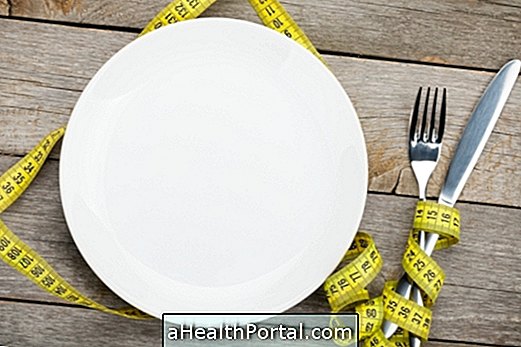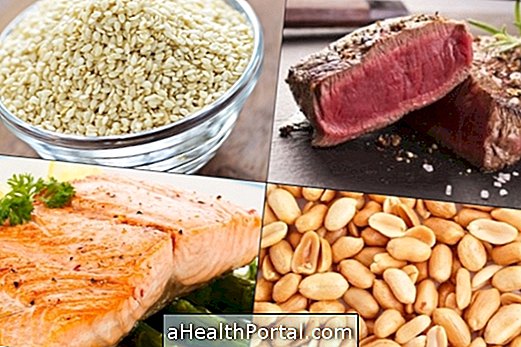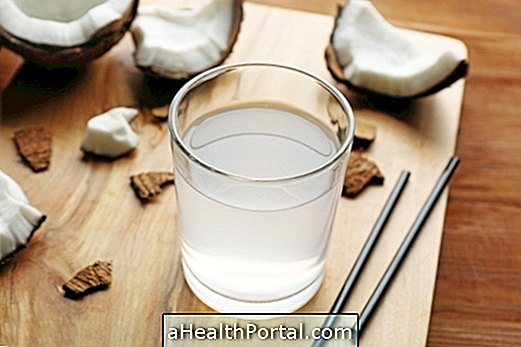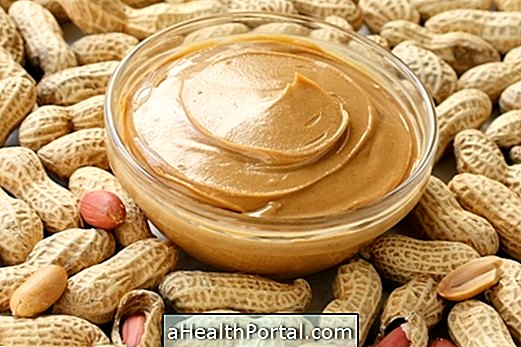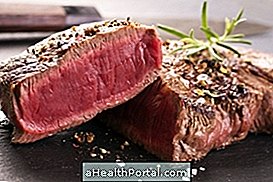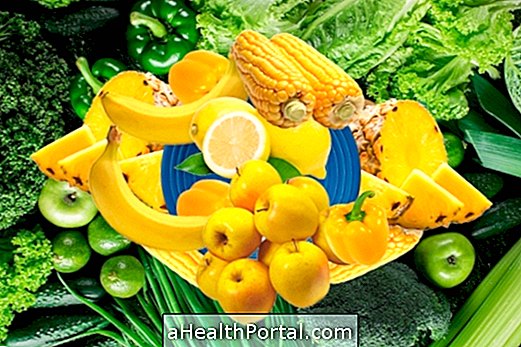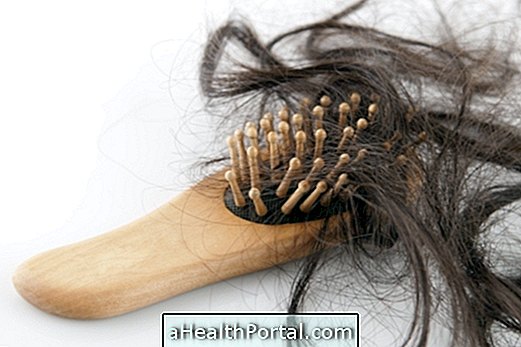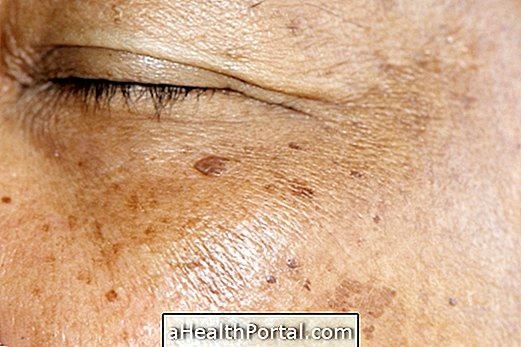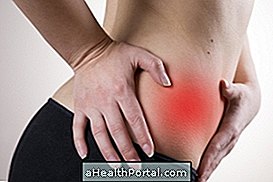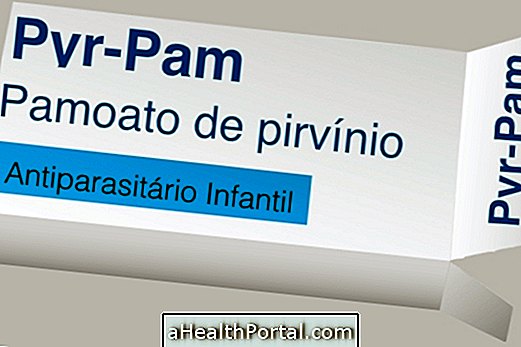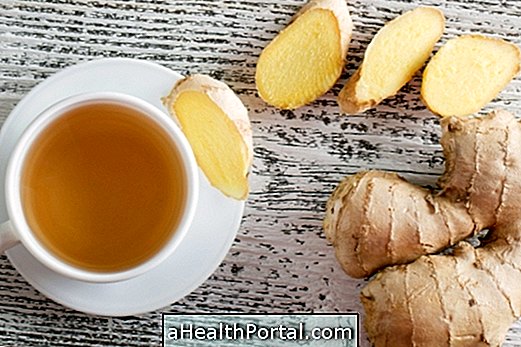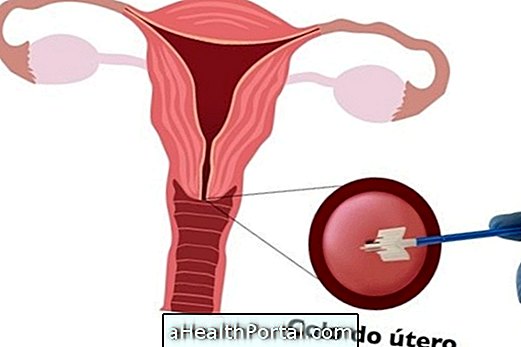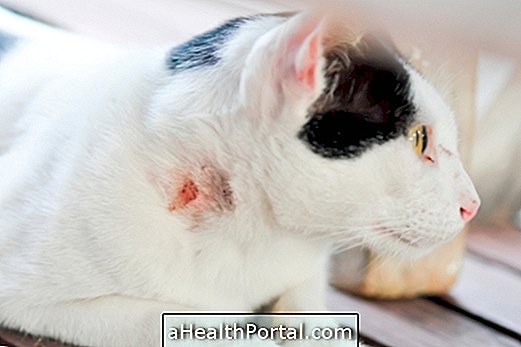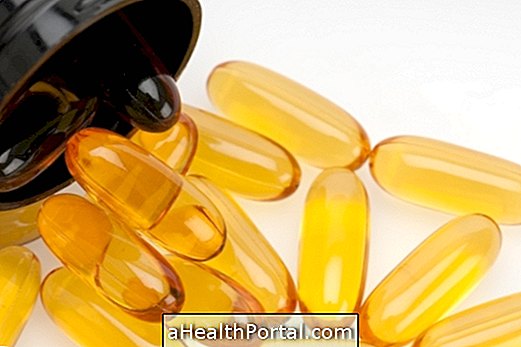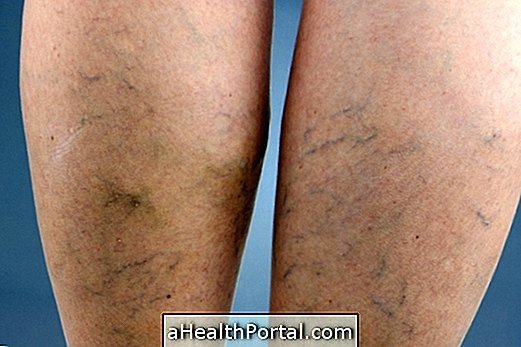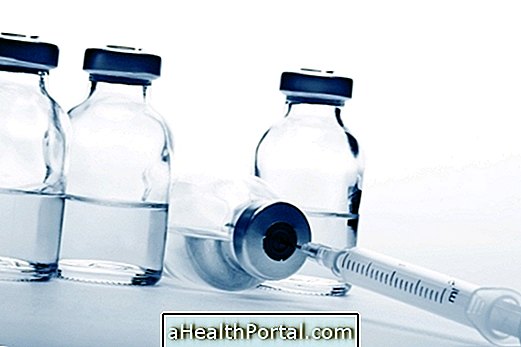The diet for interstitial cystitis, which is an inflammation in the bladder, should be rich in vegetables and fruits, fruits, whole grains, fish and lean meats.
Controlling the weight, keeping it within the appropriate height, is also part of the treatment of interstitial cystitis. This attitude delays the onset of chronic diseases, such as interstitial cystitis, for example.
In the diet for interstitial cystitis it is also important to drink between 8 and 10 glasses of water a day and give preference to fresh foods, rich in Vitamin C and organic because they have less additives and preservatives.
Other foods may worsen the symptoms of cystitis and therefore should be avoided in the diet for interstitial cystitis such as:
- coffee and caffeinated beverages such as black tea;
- chocolate;
- alcoholic beverages;
- carbonated beverages;
- acidic foods like orange, lemon or pineapple;
- tomato products;
- artificial sweeteners.
There is always an individual variability, so to know exactly what foods to eliminate in the diet for those who have interstitial cystitis can make a food diary, which records all food and beverages consumed and is related to the worsening symptoms of the cystitis. This food diary helps identify safe foods and foods that worsen the symptoms of the disease. Annotations will be a useful tool for health professionals like the nutritionist who accompanies the patient.
Useful link:
- Interstitial cystitis
